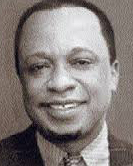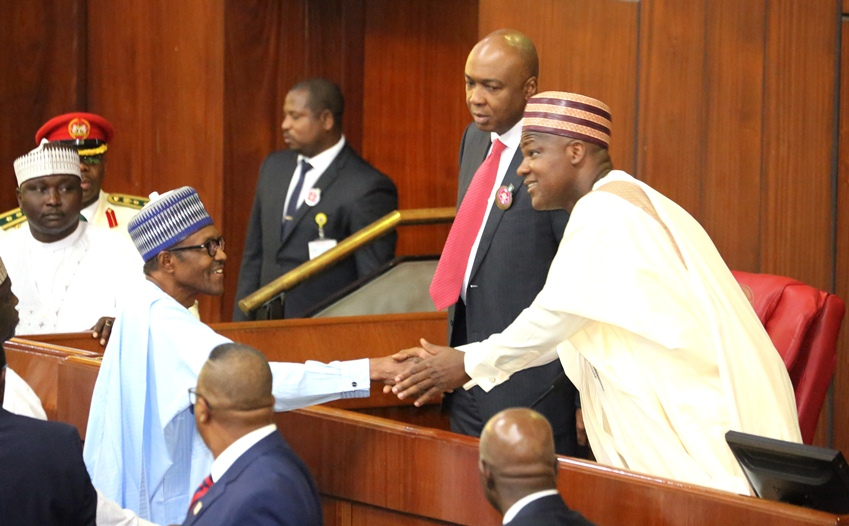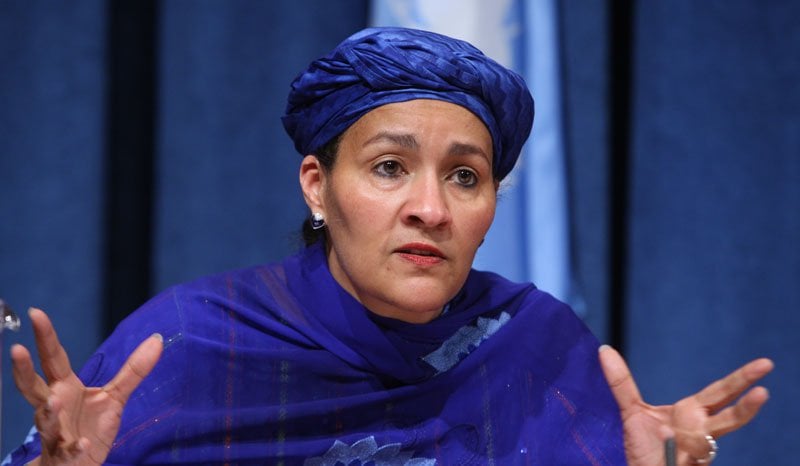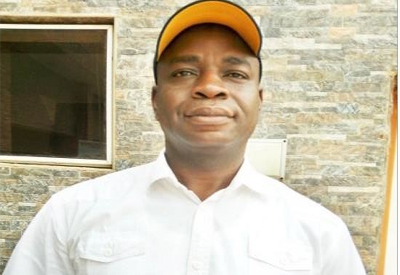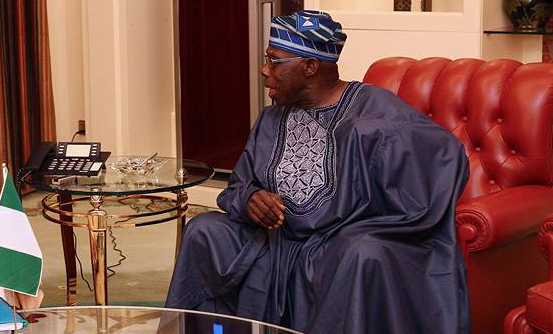How does one talk about the use of Twitter in government-public communication without the mention of US President Donald Trump? He is perhaps Twitter’s biggest customer, tweeting directly many times a day to his nearly 42 million followers. Although this has been described as “unpresidential”, and many Americans have disapproved of it, he is not about to stop.
According to last September’s NBC/WSJ poll, 66 percent of Americans disapproved of Trump’s use of Twitter, and that includes 87 percent of Democrats, 71 percent of women, 64 percent of independents, 61 percent of men, 59 percent of seniors, 46 percent of Republicans and even 36 percent of self-described Trump voters.
His defence has always been that tweeting directly without going through the conventional news media helped him win the elections; and Twitter is a vital way to communicate directly with the American people because of what he sees as bias in mainstream media against his administration – a way of going around the so-called filter of the press.
The practice of tweeting directly is not without risks. He has goofed many times on Twitter, contradicting his media team and other officials or making typographical mistakes, but that will also not stop him; not even when tweeting on impulse or in anger to attack people sometimes land him in trouble.
Advertisement
He continues to tweet and during a visit to China during the week, he flouted the Chinese government’s ban by sending a series of tweets to his followers.
The ability to communicate directly with 42 million people is for sure a big political advantage, but with it sometimes comes an equal weight of risk.
THE COMPANY
Advertisement
Twitter is an online news and social networking service where users post and interact with messages, also known as “tweets”, restricted to 140 characters. The company has disclosed that it will increase the characters to 280. Twitter Inc. is based in San Francisco, California, United States, and has more than 25 offices around the world.
It was created in March 2006 by Jack Dorsey, Noah Glass, Biz Stone and Evan Williams, and was launched in July of that year. The service rapidly gained worldwide popularity. As of 2016, Twitter had more than 319 million monthly active users, and it is said that on a particular day of the 2016 US presidential election, Twitter proved to be the largest source of breaking news, with 40 million election-related tweets sent by 10 p.m. (Eastern Time). Twitter has become the most popular platform for this purpose and that has attracted governments all over the world.
BENEFITS OF SOCIAL MEDIA FOR GOVERNMENT
Studies have shown enormous benefits governments can derive from the social media. Some of them are listed in this report by Sproutsocial.
Advertisement
CITIZEN ENGAGEMENT: In the US, and other advanced countries, no matter what area of the public sector you’re in, there are some people you serve who are on social media. They’re asking questions and voicing their opinions. The worst thing to do when people are trying to engage you is to ignore them. It’s even worse for government agencies because there’s already a negative stigma attached to their level of citizen engagement. Social media presents a great opportunity to change that perception. Acknowledging incoming Tweets or replying to Facebook comments can be enough to show concern or that an effort is being made.
SPREADS OF INFORMATION: If you want to make the public aware of new legislation, promote a cause or just inform citizens of important news, social media is the best place to do it. Mail is often just thrown away and never read, email delivery can be unreliable and just posting information on your website doesn’t guarantee that anyone will see it. In the US, 62 per cent of adults get their news from social media.
Also, information spreads easier on social media. People can share your Tweets or Facebook posts with the tap of a button and immediately put it in front of their friends, family and colleagues.
EASIER COMMUNICATION: Whenever a major crisis breaks that directly impacts citizens, keeping the public well informed and up to date can build trust and provide some transparency. While you may not be able to share certain sensitive information, an occasional Tweet can go a long way.
Advertisement
NIGERIA
There has been an increasing use of the social media by the tiers of government in Africa, including Nigeria, but Twitter appears to be the most preferable for government public communication. Facebook is also very popular, but in Nigeria, it is very rowdy platform and so widely abused that many government officials and executives of companies avoid it.
Advertisement
How Africa Tweets is an annual study by Portland Communications which highlights Twitter trends, hashtag usage and online habits in Africa. In their 2015 report, Portland analysed 1.6 billion geolocated tweets and the top 5,000 hashtags for 2015. Here are highlights compiled in some reports.
- Tweets regarding entertainment dominated the pan-African feed last year, totalling just over 20% of all hashtags posted. The next four most popular hashtag themes were commerce, politics, lifestyle and football.
- The most tweets in Africa came from up north, with Egypt accounting for about 500 million. Nigeria came in second with 360 million tweets followed by South Africa, Kenya, and Ghana sitting at 325 million, 125 million, and 70 million tweets respectively. It total, Africa tweeted 1.86 billion times last year.
- English is the most used language on Twitter in Africa – as 77% of the top 5,000 hashtags were in English.
- The study shows a trend towards having political debates on Twitter – with discussions around the category accounting for 10% of all geolocated tweets in Africa, compared to just 2% of hashtags in the US and UK.
- The two most active countries in the political debate were Nigeria and South Africa – possibly owing to the Nigerian presidential election and the student-led #FeesMustFall movement in South Africa.
EFFECTIVENESS OF TWEETS IN GOVERNMENT COMMUNICATION IN NIGERIA
Advertisement
If the essence of Twitter in public communication is to engage the public directly, clearly its success rate will depend on the percentage of the population that uses Twitter, and the number of followers account owners have.
In Nigeria, it is not clear if any government or MDAs tries to use Twitter to side-step the press or go around their filter. If that is the case they have failed woefully because most of their key followers are indeed the media, which publishes what it receives on Twitter.
Advertisement
The source of the tweet also determines its usage. There have been cases recently where some government spokespersons tweeted vital news into the dark because they didn’t have much followership, even in the media.
For example on July 3, 2017, the spokesman of a top government official tweeted his principal was travelling overseas for the media to relay to the public. But as at the following morning, this writer was the only one who had used it in his NEWS MORNING bulletin for some bigwigs because he had stumbled on the tweet the day before. Eniola Bello explains this: “The media will always pick the tweet of those they know or follow.”
WHAT EDITORS AND OTHERS SAY
The following are views of some editors about the use of Twitter in public communication by governments:
Tony Onyima, former MD, The Sun: “Twitter has become the fastest way to release a statement, particularly public communication. Its effectiveness is actually in doubt because the percentage of Nigerians on Twitter is small. It could also be dysfunctional depending on who’s handling it.”
Eniola Bello, MD, THISDAY: “Well, it can be effective if it’s use is strategic. The problem with our public officials is they tweet to say nothing important. For example, there is a top senator who is twitter-active. But you can hardly get any news of value from his tweets. The same with most of our public officials.
“It’s not about the platform, it’s the content. If they get the content right, Twitter use could be very effective. We’ve seen it in other climes. But our people jumped in without a strategy, without understanding it. A platform, any platform, is no more than an empty drum. It’s the content that gives it meaning, and relevance.”
Simon Kolawole, founder, TheCable
“Twitter is very effective. We get tip offs. It’s faster while we await press releases. Pictures also come faster. It’s the way to go. Not to forget the feedback also come fast and without filtering. In terms of reach, it is amplified by the news organisations. That’s good reach.”
Musikilu Mojeed, editor-in-chief/COO, Premium Times Nigeria
“It is definitely a less stressful way for government officials or their spokespersons to disseminate information. It has proven to be effective because it allows faster response to media publications. The media has now learnt to follow the handles of key government officials from where they regularly source news.
“But we must say that in Nigeria, it is only complementary to existing tools of public communication. I don’t think any government in Nigeria uses it to side-step the media, which is very vital in the chain of communication.”
Martins Oloja, former editor, now editorial board member, The Guardian
“Generally, the use of Twitter may not be very be effective because government officials in the country are not known to be in the social media: many hardly use Twitter and social media platforms to break their news. They are irregular. They don’t have a critical mass following. Besides, they don’t have running stories that newsroom operatives can follow up. What is worse, they don’t connect constructively with media operatives that can follow them! This can however be improved.”
Dotun Adekanmbi, journalist and MD, Strategic PRWox
“Twitter is effective to the extent that it guarantees immediacy and wider reach. It also minimizes the incidence of ‘tinkering’ with message by news outlets
“Yes, it is useful, considering the growth in social media usage/habits in news consumption.”
Chukwudi Okolie-Ugbaja, broadcaster & communications consultant
“Presently, if government is communicating with people solely on Twitter, effectiveness is a bit out of it. Unlike Facebook, the twitter platform is still largely elitist. So how can Twitter get to the ordinary people? This is Nigeria, not the United States.
“On the other hand, we seem to be playing down the effectiveness of the seeming African belief in direct communication. We may not still be relying on the town crier but society still craves for one on one interaction with any institution it interacts with. It is more credible, discernible and general elicits confidence. Can we use Twitter to interact with Niger Delta militants on why they shouldn’t blow up gas and oil pipelines? And anyway, if direct representatives of the people are not readily believable, why should the Twitter handle attract my trust?”
Reuben Abati, journalist and former presidential spokesman
“I believe that the future of public communication lies in the social media. We have passed that stage when an editor in a traditional media outfit would play the role of the kingpin and dictator. The news cycle has shrunk and the locus of control/influence has shifted.
“The new power brokers in the media are not even professional journalists. They are ordinary citizens empowered by technology. With an electronic device in your possession, you can report the news and influence public affairs.
“As presidential spokesperson, this much was clear to me, but it was both a challenge and an opportunity: to explore the advantages of the new media and reassure the media dictators of old; let me rephrase that – between managing a new, extraordinary constituency and managing the old, heavily challenged one, is a major challenge for a government spokesperson.
“There are issues with the new media of course: the fact of anonymity and given mischief which promotes arrogance, criminality and unmitigated idiocy, and the absence of regulation or control, but it nonetheless remains a liberating, liberal and democratic medium. The social media in other words is here to stay, making it useful to our democracy and the human space is the challenge.
“Its abuse could delimit the province of democracy and prove disastrous. You asked about twitter – it falls within the framework and I believe, I am convinced, it will remain relevant, as it has been, but addressing the larger issues, contradictions and discontents of the new media, in our emergent democracy and society is where the task ahead lies.”
CONCLUSION: Twitter is a great platform for public communication, but unlike the US where 62 per cent of adults get news from the social media, and a president has over 42 million followers, we are not there yet. We should not discard the use of the traditional press releases and regular engagement with the media and stakeholders. Twitter alone cannot do the job of a good spokesperson and his or her principal.
Bisi is a journalist, author and communications consultant
